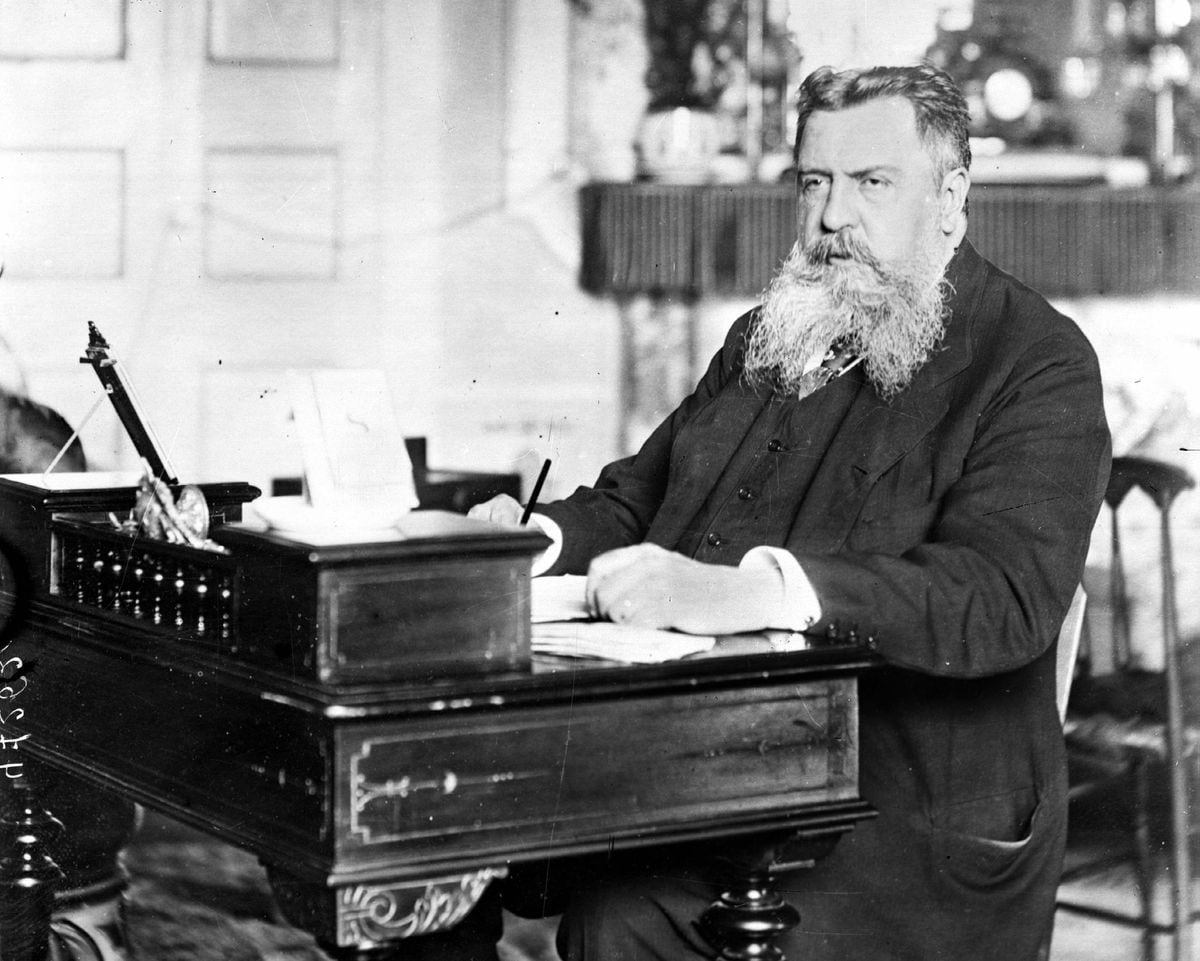Historiography continues to pay considerable attention to Carlism. Within this bibliography, Jordi Canal occupies a prominent place. In 2000 he published a splendid synthesis of the phenomenon, which was followed in 2006 by White Flags, Red Flags, a compilation of studies on significant aspects of the history of Carlism. It is now publishing a new anthology: a valuable complement to the author's overall vision of the issue.
God, Country, King begins with a general work on civil wars, and then addresses aspects of Carlism throughout the 19th and 20th centuries. The author draws attention to the transnational character of legitimist protest, as evidenced by the Portuguese and French cases. Canal underlines the coexistence within it of heterogeneous social sectors and different political options, united, however, against liberalism as an expression of an urban, bourgeois and capitalist order, without forgetting, as Vicens Vives emphasized, its character as the armed wing of Spanish Catholicism.
The addition of the foral cause to the slogan "God, country and king" would not allow the phenomenon to be directly connected with the expression of nationalist sentiments of a peripheral sign. Because Carlism also existed outside the Basque-Navarrese and Catalan stronghold and its intention was always to operate in the whole of Spain, enthroning its pretender to the throne. In this sense, the vision of the first theorists of Basque nationalism, such as Sabino Arana or Arturo Campión, seems more accurate than some later interpretations of nationalist historiography.
The book pays particular attention to the movement's anti-Masonic obsession, to the mythification of the image of successive suitors, particularly Charles VII, and to the Venetian palace of Loredan, a refuge for outlawed royalty. Of considerable interest is the study of the vision of Carlism in the Episodes of Pérez Galdós. Carlism has had particularly brilliant literary attention. Not only in Galdos's work, but also in the long series of Baroja's novels dedicated to the life of the conspirator Eugenio de Avinareta or in the Carlist novels of Valle-Inclán. With the exception of the more or less aestheticizing philocarlism of the latter, Galdós and Baroja would agree on the dominant liberal vision in our nineteenth-century historiography of the long Carlist dispute that had been going on for two centuries. It will take the surprising turn introduced in it throughout the late Franco regime and the transition to contribute to the end of one of the longest political currents in our history.
Look for it in your bookstore
You can follow BABELIA on Facebook and X, or sign up here to receive our weekly newsletter.
Subscribe to continue reading
Read without limits
Read more
I'm already a subscriber
_

